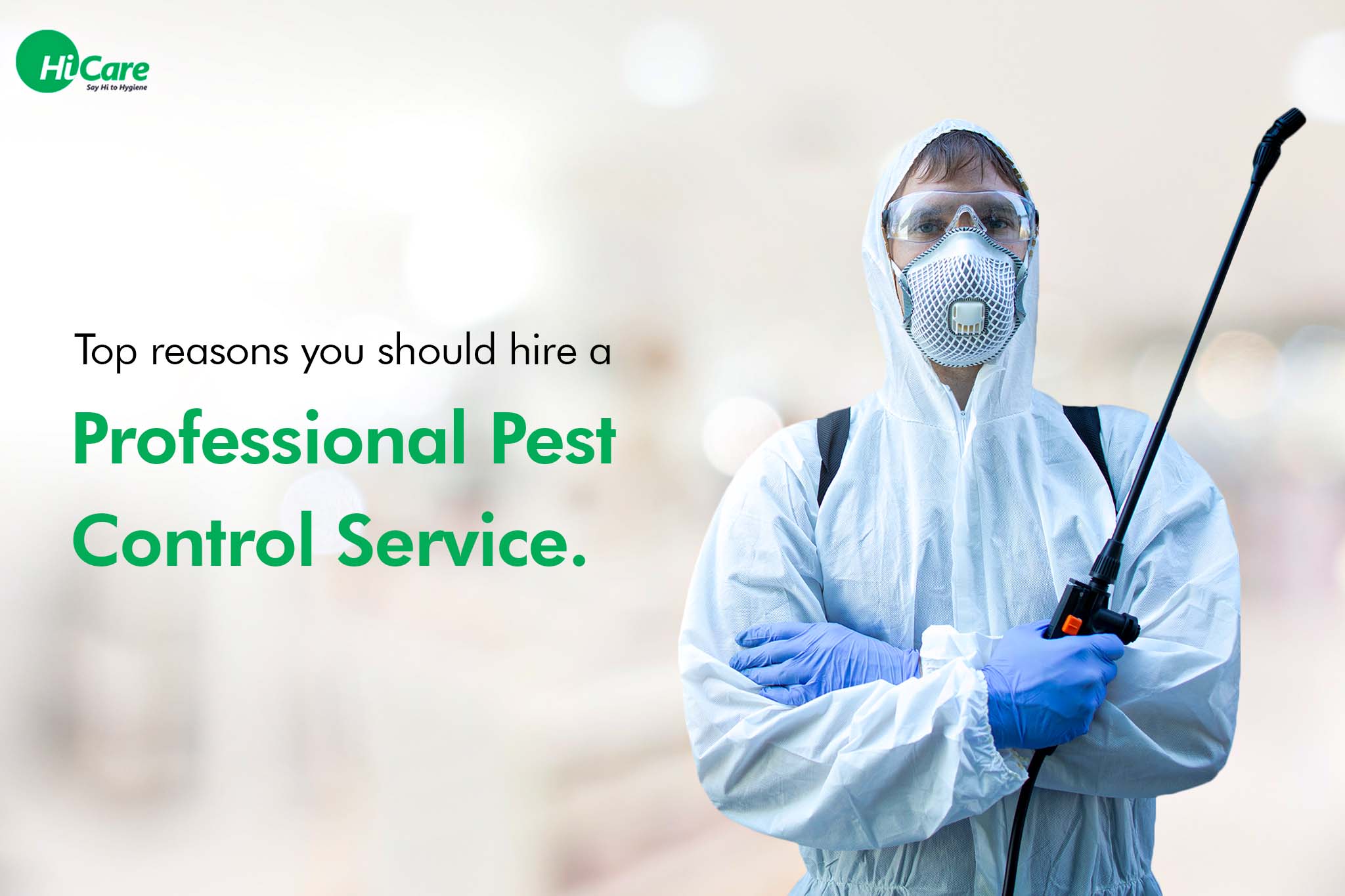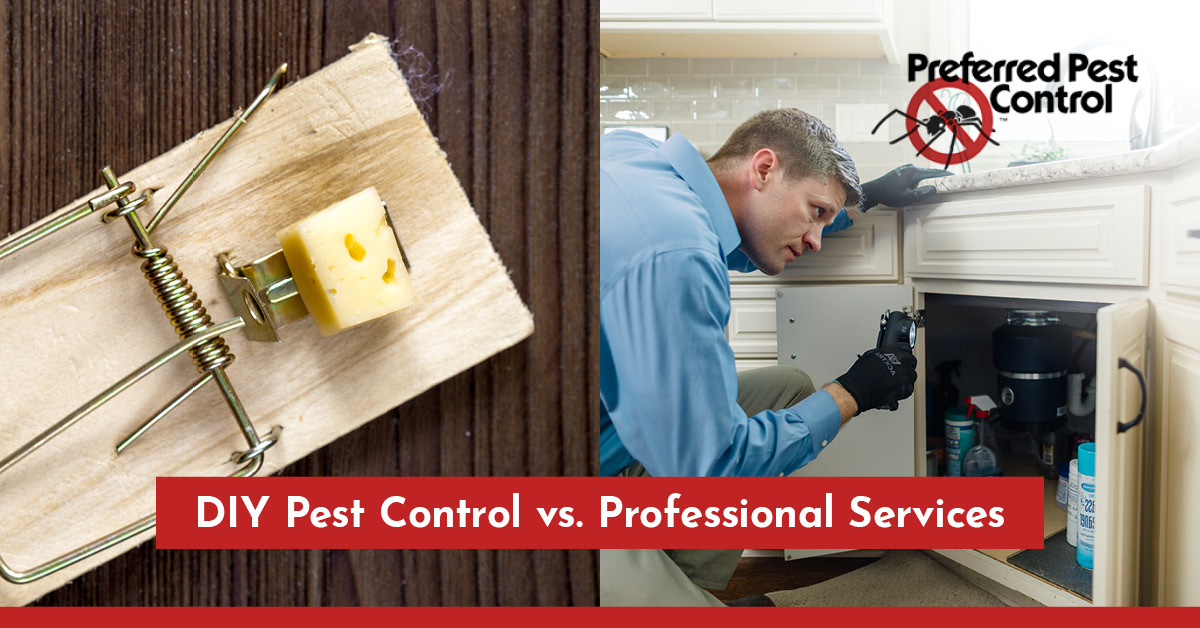Understanding the Numerous Methods to Parasite Control: A Comprehensive Guide

Natural Bug Control Approaches
Employing green methods such as buddy planting and biological parasite control is necessary for successfully handling pests in farming settings. Companion growing includes growing various crops in proximity to hinder bugs, enhance nutrient uptake, and boost general crop health and wellness.
Biological insect control includes presenting all-natural predators or virus to manage pest populations. Ladybugs, as an example, feed upon aphids, regulating their numbers without the requirement for chemical pesticides. Another instance is the use of Bacillus thuringiensis (Bt), a bacterium that targets certain insect pests while being safe to humans, pets, and helpful insects.
These green methods not just reduce the dependence on artificial pesticides however likewise aid preserve biodiversity and dirt health and wellness. By incorporating natural parasite control techniques right into agricultural techniques, farmers can achieve lasting parasite management while decreasing adverse effects on the atmosphere.

Chemical Insect Control Solutions
In enhancement to all-natural pest control methods, the use of chemical parasite control options plays a significant function in successfully taking care of pest populations in agricultural environments. Chemical parasite control solutions are formulated to target specific insects that might cause substantial damages to crops. These options often include synthetic pesticides that are developed to remove pests rapidly and efficiently.
Among the key benefits of chemical bug control services is their effectiveness in managing pest problems on a large scale. Farmers can use these solutions using different methods such as splashing, fumigation, or seed treatment to safeguard their plants from hazardous insects, weeds, and conditions. In addition, chemical insect control remedies are fairly simple to use and can give fast outcomes, helping farmers secure their yields and reduce economic losses.
Nonetheless, it is important to make use of chemical insect control solutions deliberately to lessen potential adverse influence on the atmosphere, non-target microorganisms, and human health and wellness. Proper application methods, adherence to safety standards, and regular surveillance are important to ensure the accountable use chemical bug control solutions in agricultural techniques.
Biological Parasite Control Approaches
Biological insect control approaches take advantage of all-natural killers or virus to manage insect populations in agricultural settings successfully. One usual organic control approach is the intro of all-natural enemies, such as ladybugs or parasitic wasps, to target specific parasites.
An additional biological control method entails utilizing virus like fungis, viruses, or microorganisms to infect and eliminate insects. Overall, organic pest control strategies offer a sustainable and targeted remedy to pest management in farming.
Integrated Insect Monitoring (IPM)
Integrated Insect Monitoring (IPM) is a detailed approach that integrates numerous insect control strategies to properly manage and lessen pest populaces in farming systems. IPM concentrates on long-lasting avoidance of parasites through a mix of organic, cultural, physical, and chemical control methods. By integrating these various techniques, IPM intends to reduce reliance on chemical pesticides, lessen ecological effect, and advertise sustainable insect check these guys out monitoring practices.
One key element of IPM is using biological controls such as natural predators, bloodsuckers, and microorganisms to control bug populaces. This approach utilizes the power of nature to preserve an equilibrium in between parasites and their all-natural enemies without creating damage to the setting.
In addition, IPM involves cultural practices like plant turning, sanitation, and habitat manipulation to create unfavorable problems for parasites and interrupt their life process. Physical controls such as traps, mulches, and barriers are additionally utilized to stop pest invasions.
Mechanical and Physical Bug Control Methods
Utilizing non-chemical techniques, such as mechanical and physical bug control strategies, is a crucial element of detailed bug administration methods, building on the foundation of Integrated Pest Monitoring's alternative method. Mechanical pest control entails making use of physical barriers or catches to stop parasites from accessing and damaging crops or frameworks. This technique can include strategies like setting up displays on windows, using row covers in farming, or employing sticky traps to catch bugs.
Physical pest control approaches, on the other hand, concentrate on directly eliminating bugs through physical methods. Using warmth treatments to get rid of bed insects or vacuuming up parasites like ants or crawlers can be effective methods to manage invasions without the usage of chemicals. By incorporating these mechanical and physical pest control methods right into an Integrated Insect Monitoring plan, individuals and specialists can minimize useful link dependence on chemicals while still successfully minimizing and managing pest populations damages.
Final Thought

In enhancement to all-natural pest control approaches, the utilization of chemical pest control options plays a significant role in successfully managing pest populations in agricultural settings.One of the crucial advantages of chemical parasite control services is their effectiveness in managing pest problems on a large range.Integrated Pest Monitoring (IPM) is a detailed approach that integrates various bug control techniques to properly manage and decrease pest populations in our website farming systems.Making use of non-chemical techniques, such as physical and mechanical insect control methods, is an essential facet of comprehensive bug management techniques, constructing upon the foundation of Integrated Bug Monitoring's holistic technique. By incorporating these mechanical and physical parasite control techniques into an Integrated Bug Monitoring plan, specialists and individuals can decrease dependence on chemicals while still effectively taking care of pest populations and reducing damage.